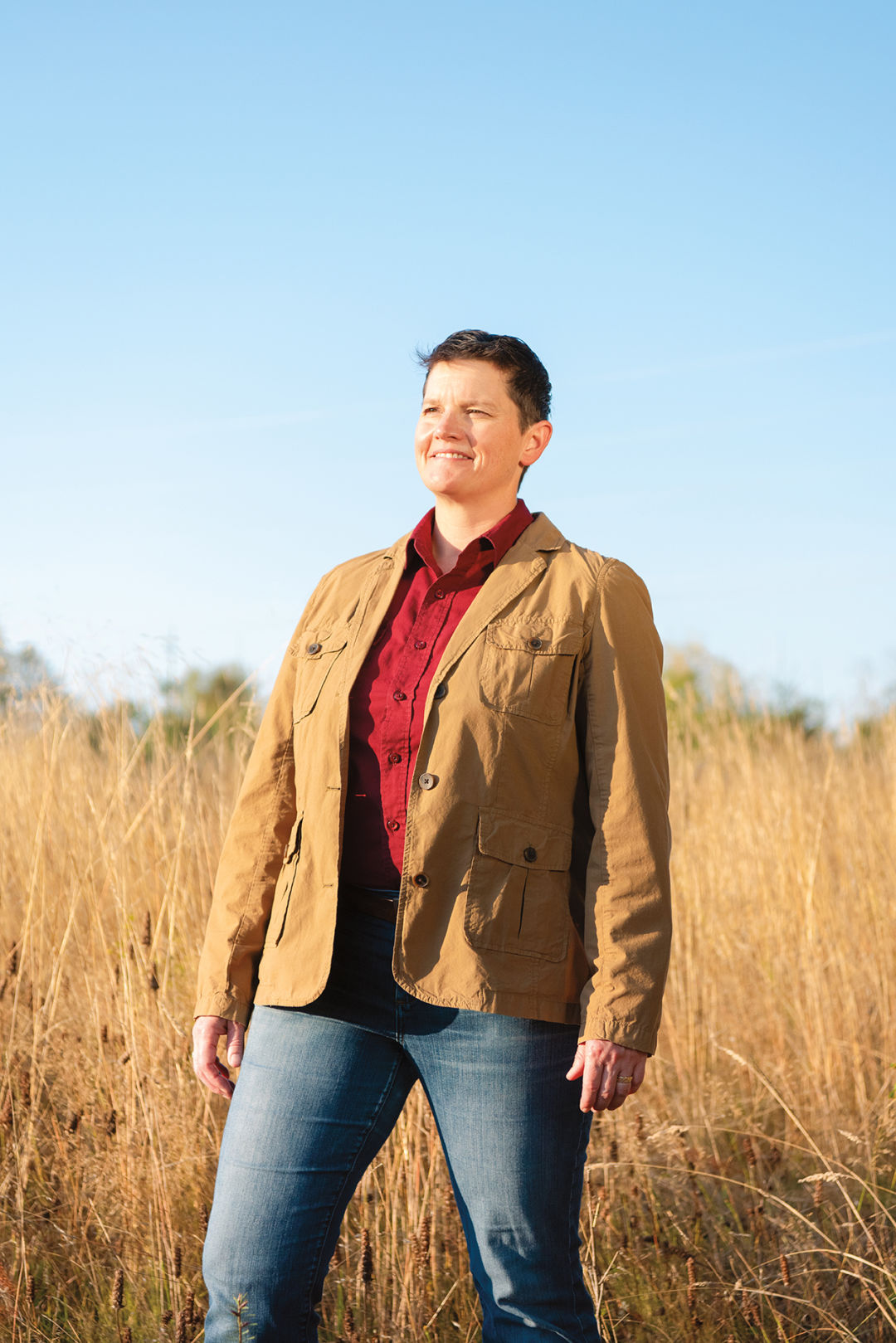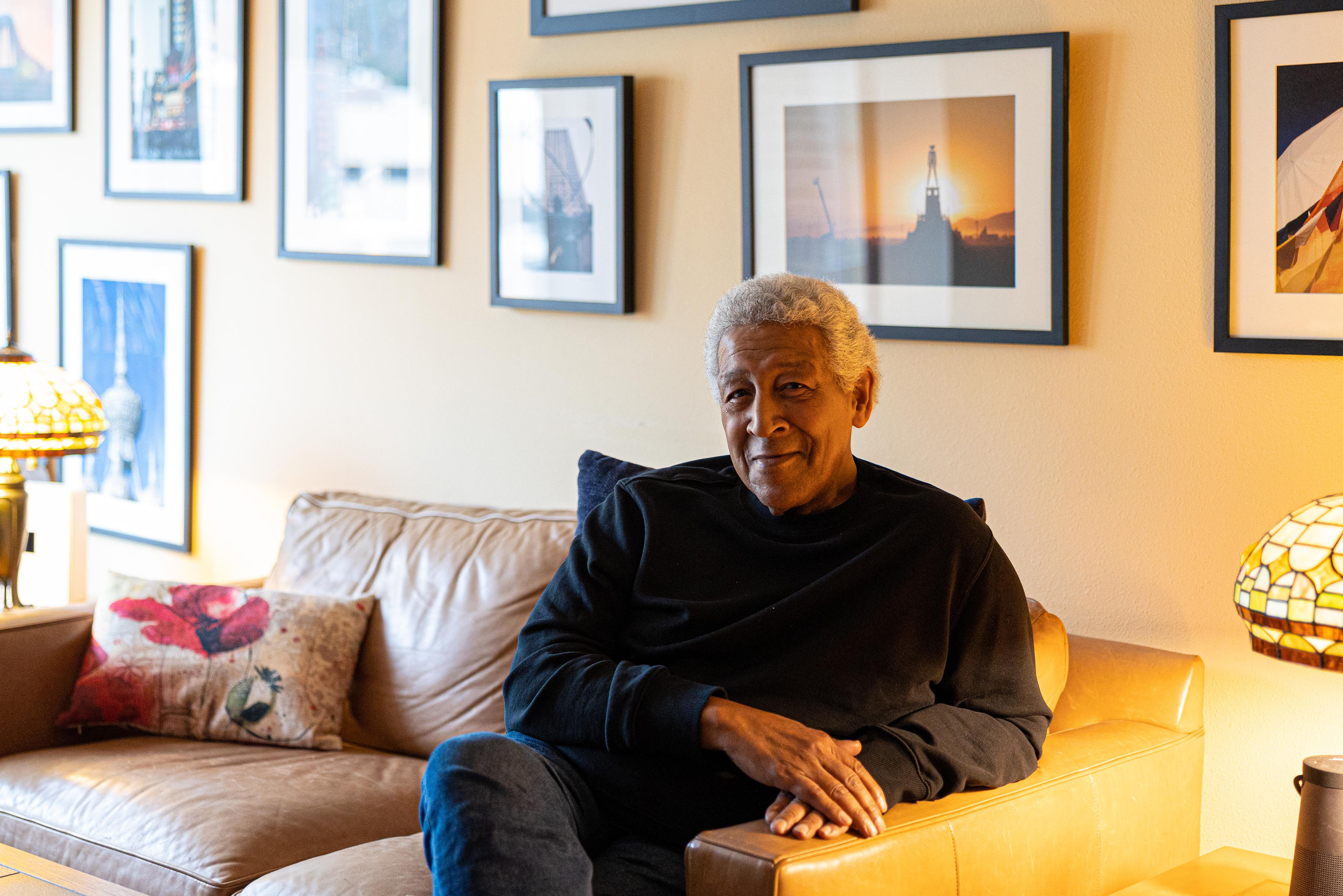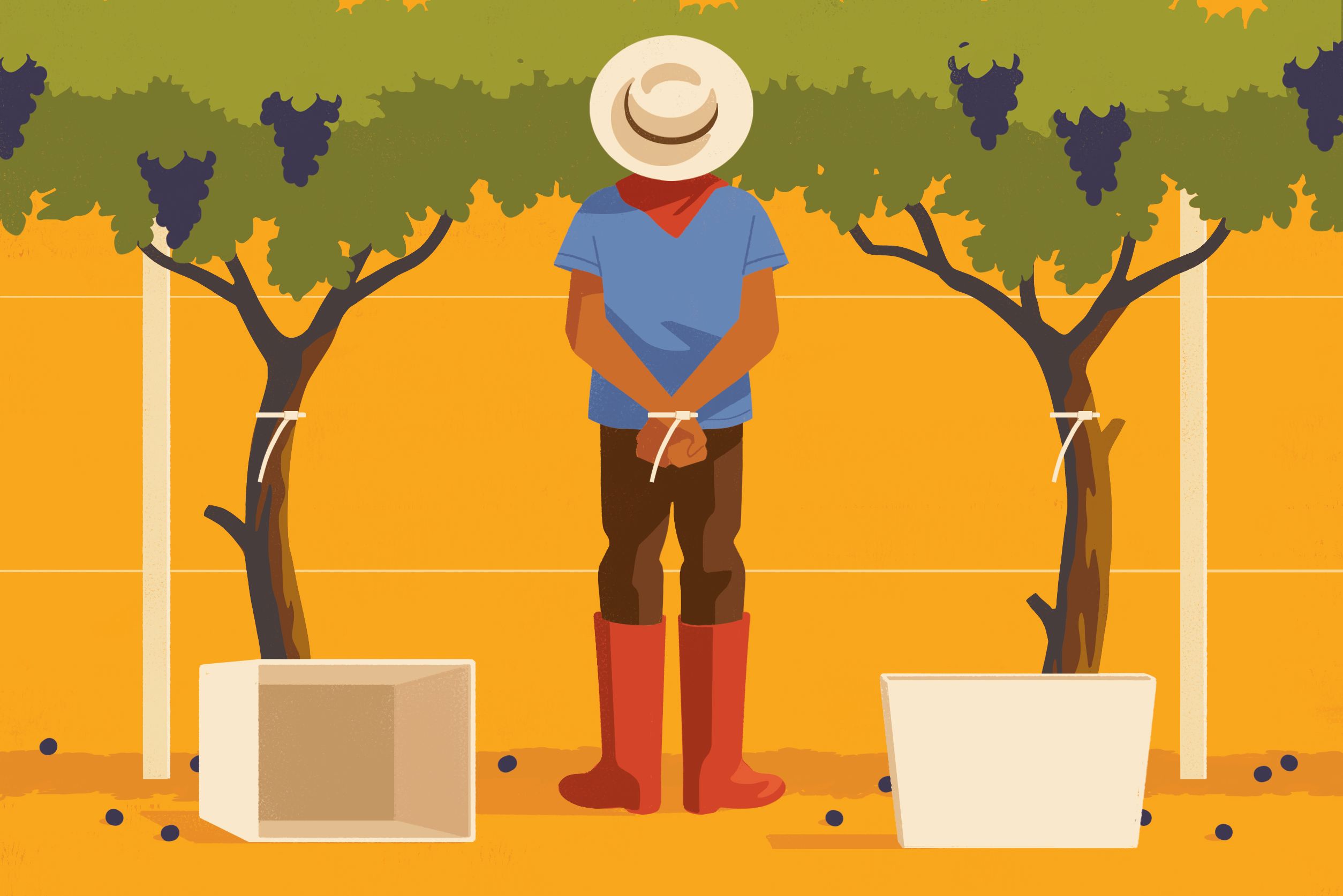From Army Captain to CEO and City Council: Beach Pace Talks About Her Path Into Community Work

Beach Pace
Image: Thomas Teal
Beach Pace doesn’t like isolation. Her entire career has been about being around people: at West Point, in the army, as CEO of Big Brothers Big Sisters Columbia Northwest since 2016, and on the Hillsboro City Council, to which she was elected in 2018. The private sector recruited her out of the military, promising more money and an environment free of the sexism she’d experienced in the armed forces. She spent nine years as regional manager for a pharmaceutical company, but the company’s conservative environment felt like Don’t Ask Don’t Tell all over again, says Pace, who is now married to fellow West Point grad and Hillsboro Police Sgt. Jincy Pace. So she pivoted to what she calls “social change work.” A self-described extrovert, Pace says leading in a pandemic has been a struggle—but her staff and colleagues have helped her rise to the occasion.
I still say I love the military. If I could go back, I would—if my body could take it. I love the people I met in the military. I learned so much in the military. And I loved that higher calling—you know, it just spoke to me. I went to West Point, and I’m glad I went there. So no regrets. But I’m disappointed [by the sexism in the military].
We needed a place to live that we could afford and didn’t have a problem with our family dynamic, because we have two kids—and where people cared and wanted to make a difference. We found Oregon, and then we found Hillsboro. I actually read the city council minutes of different meetings, and I realized that these are real people who truly care, who have a great sense of humor, and who want to make the world better for themselves and others. I was like, that’s the town I want to live in. So we came up here eight years ago and fell in love with the city.
Prior to the [2016] election I was looking at [running for office], and then the election happened. I was absolutely devastated, and I was like, “Well, I can complain and bitch, or I can do something about it and make a difference.” And if I look at my council, and out of seven people one is a woman, and I complain and I don’t run, then I’m the asshole. That’s when I decided to run, and I started doing the work to prepare.
I think the most challenging piece [of being an elected official] is connecting people to the information that they want.... I’ve been threatened. People want answers and they don’t know where to go because they’re frustrated.... I noticed a lot of people complain instead of ask. I had a neighbor call me up, and they said, “You didn’t even say a word during this testimony. That’s disgusting.” I said, “Well, the procedure is I cannot speak, because when I speak, I take their time, and they only have three minutes.” So instead of saying, “I was incredibly disappointed that you didn’t speak,” tell me why.
I don’t like people calling it “nonprofit” because that says what we don’t do. You never see Nike [say], “We don’t make sushi.” They talk about what they do. What they do is “just do it,” right? It’s athleticism.
We have about 500 matches [at Big Brothers Big Sisters]—that’s a kid and a mentor coming together. Around them is the parent/guardian and then my staff member. At any given time we serve about 10 percent of our families with whatever issue it might be: housing insecurity, food insecurity. That shot up in March and April to about 75 percent of our families. So my staff shifted from making new matches and doing interviews for new folks to spending a lot more time on the phone and even in person with the existing people we have, because they needed that support. If you want to support a kid, you have to support their family. We shifted to online, we shifted to dropping technology off to kids who had none. We partnered with our corporate partners, they have resources, and we brought those resources to the kids who needed it.
We had a kid come out to their Big, and [the kid] did not tell their parents. They didn’t feel comfortable and couldn’t tell their friends. The only person they could come out to was their Big, so they’re double isolated. It was a 13-year-old, and I think that kid is alive because of my staff member and their Big. It’s not just singular. You know, this isolation is real. So we’ve been able to help with that as well.




